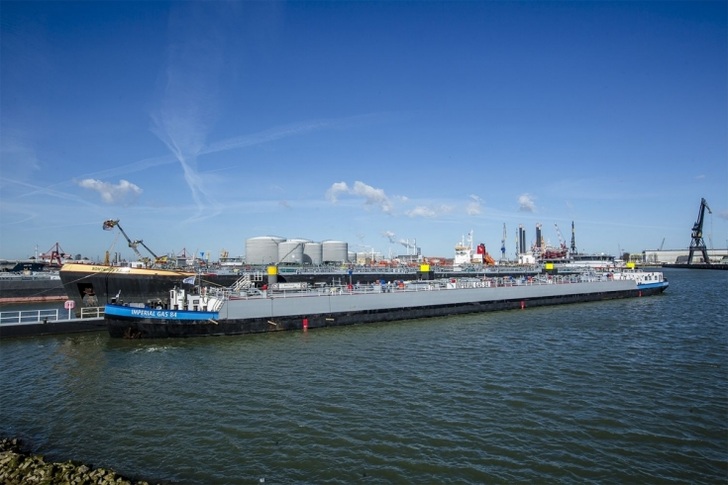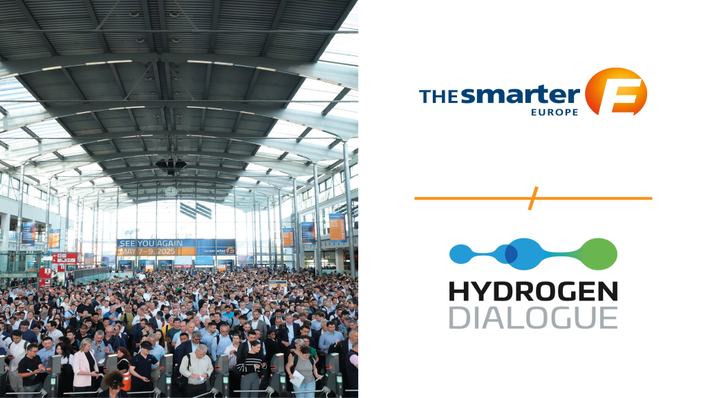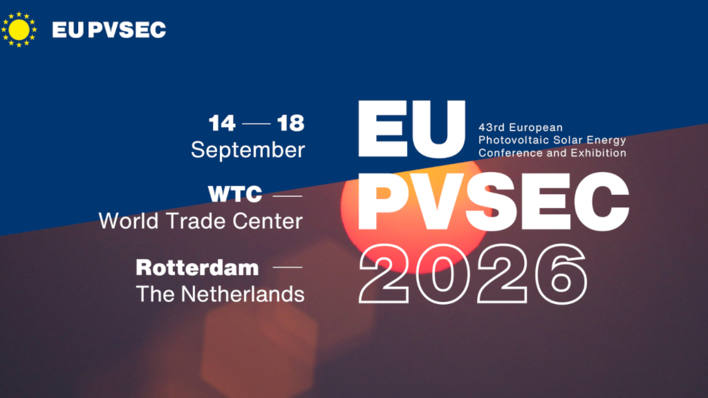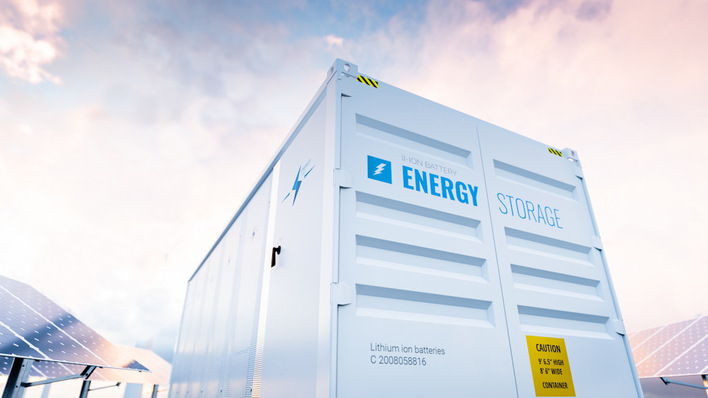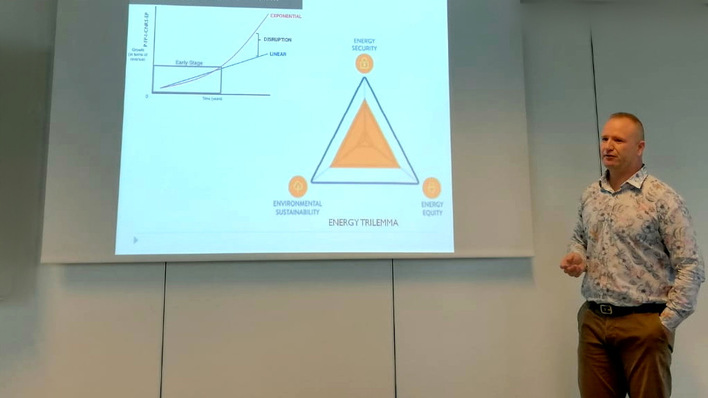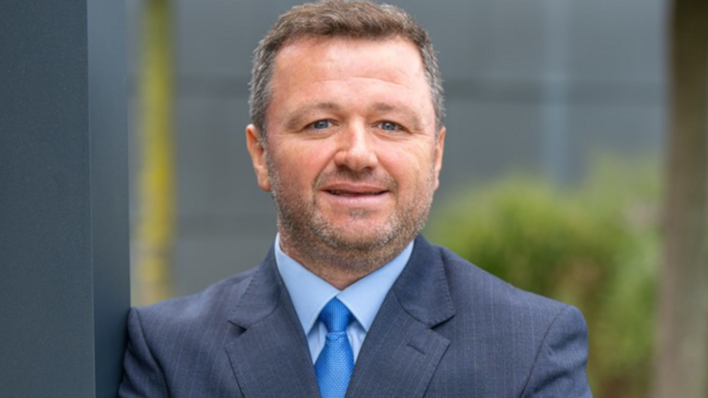Decarbonising the transport sector is hard. Maybe. But also worth it. And because you have to start somewhere, here goes:
Organisations and companies have signed a declaration of intent in Arnhem to ensure that, in the future, water, road and rail transport via the so-called Rhine-Alps corridor will run on hydrogen. The Port of Rotterdam Authority is also taking part in this initiative, which is known as RH₂INE (Rhine Hydrogen Integration Network of Excellence).
Freight on the transport link between the Netherlands, Germany, Switzerland and Italy is currently almost exclusively carried on fossil fuel-based transport. The Province of South Holland, the Ministry of Infrastructure and Water Management and the German State of North Rhine-Westphalia took the initiative to establish the first zero-emission route.
Substantial developments are required
This is not an easy ambition to achieve. Many things are needed to create a stable market environment for a hydrogen corridor, including good infrastructure with bunker locations and filling stations for an effective balance of supply and demand – and that is aside from the need to convert cargo vessels and lorries. Substantial developments are also required with respect to safety and regulations. This will be the Port of Rotterdam Authority’s specific contribution in RH₂INE.
Had you heard?
Green hydrogen to be affordable by 2035
Stijn van Els, who represented the energy transition team in Arnhem, signed the declaration on behalf of the Port Authority. "This is an important signal from government agencies, port organisations and companies for participants to get involved," stated Van Els. "The parties are really ambitious to make this crucial transport corridor sustainable. The strength lies in international cooperation. This will enable us to achieve real progress."
RH₂INE to be an open platform
RH₂INE will initially focus on realising production locations for hydrogen along the Rhine between Rotterdam and Cologne. This will enable the first ten to fifteen inland tankers to run on hydrogen in the coming years. The initiators would like to see an increase in participant numbers as this would give the broadest possible impetus to the development of the climate-neutral transport corridor. RH₂INE will therefore be an open platform, as this will enable various hydrogen chain parties to join.
RH₂INE currently comprises the following parties: the Province of South Holland, the State of North Rhine-Westphalia, Ministry of Infrastructure and Water Management, Province of Gelderland, Port of Rotterdam Authority, Duisburg Port Authority RhineCargo, BCTN, EICB, Nouryon, Covestro, Air Products, Future Proof Shipping, HTS Group, NPRC, AirLiquide and Koedood. (mfo)


